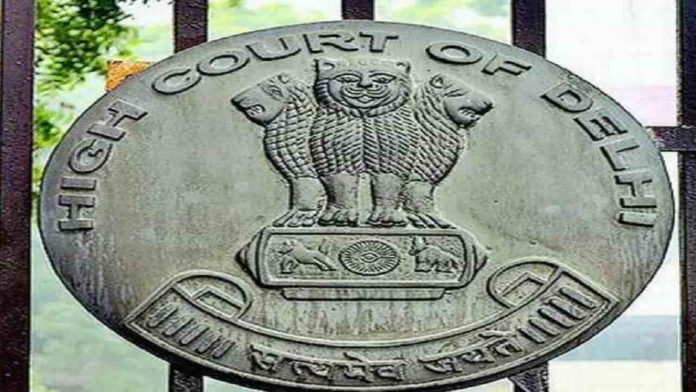The Delhi High Court was informed on Friday by e-retail giant Amazon Inc. that “it is committed to help Kishore Biyani led Future Group from sinking”.
Representing Amazon before a division bench of Chief Justice D.N. Patel and Justice Jyoti Singh, senior advocate Gopal Subramanium argued,
“We are constantly committed to help FRL. It’s not that we can’t find a solution, we ourselves don’t want the company to sink.”
It was also argued by Subramanium while referring to various judgments that If section 17 (2) of the Arbitration Act is the solution and nothing has happened to the Emergency then the same is enforceable.
Also Read: Arnab Goswami WhatsApp chat: Sanjay Raut raises issue in Rajya Sabha, says Centre protecting him
“If the Emergency Arbitrator is an Arbitral tribunal, it has to be under the same section 17(2),” he added.
“It was found by the single judge (Justice Mukta Gupa) that my interference had lawful justification,” Amazon told the court through Subramanium.
The arguments which continued for over two hours were addressed while the court was heafing an appeal filed by Amazon against an order of the single judge order directing it to maintain status quo on its Rs 24,713-crore deal with Reliance that has been earlier objected by Amazon.
The court has now kept the matter for further hearing on Monday.
On Thursday, Senior advocate Harish Salve appearing for Future argued that Amazon entered into an agreement with Future Coupons limited running the business of loyalty coupons. To develop the business, developing the business of Future Coupons.
Senior Advocate Rajiv Nayar appearing for the respondents submitted, “If Your Lordship hears the matter on maintainability, Your Lordship may save time.”
Also Read: No CCTV footage, official record: Delhi HC grants bail to Tahir Hussain aide
Salve further submitted, “On behalf of FRL we argued, we had an agreement with FCPL and Biyanis. I don’t have any agreement with Amazon, that is why there is no arbitration. Amazon says I have an agreement with FCPL, FCPL has an agreement with FRL.” Whereas the single judge bench observed that these are single economic transactions I’ll consider all of them together, it becomes a single integrated transaction.


